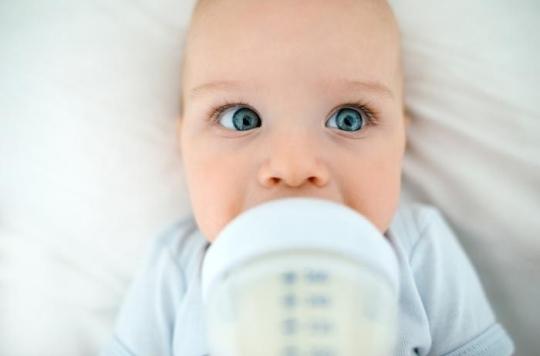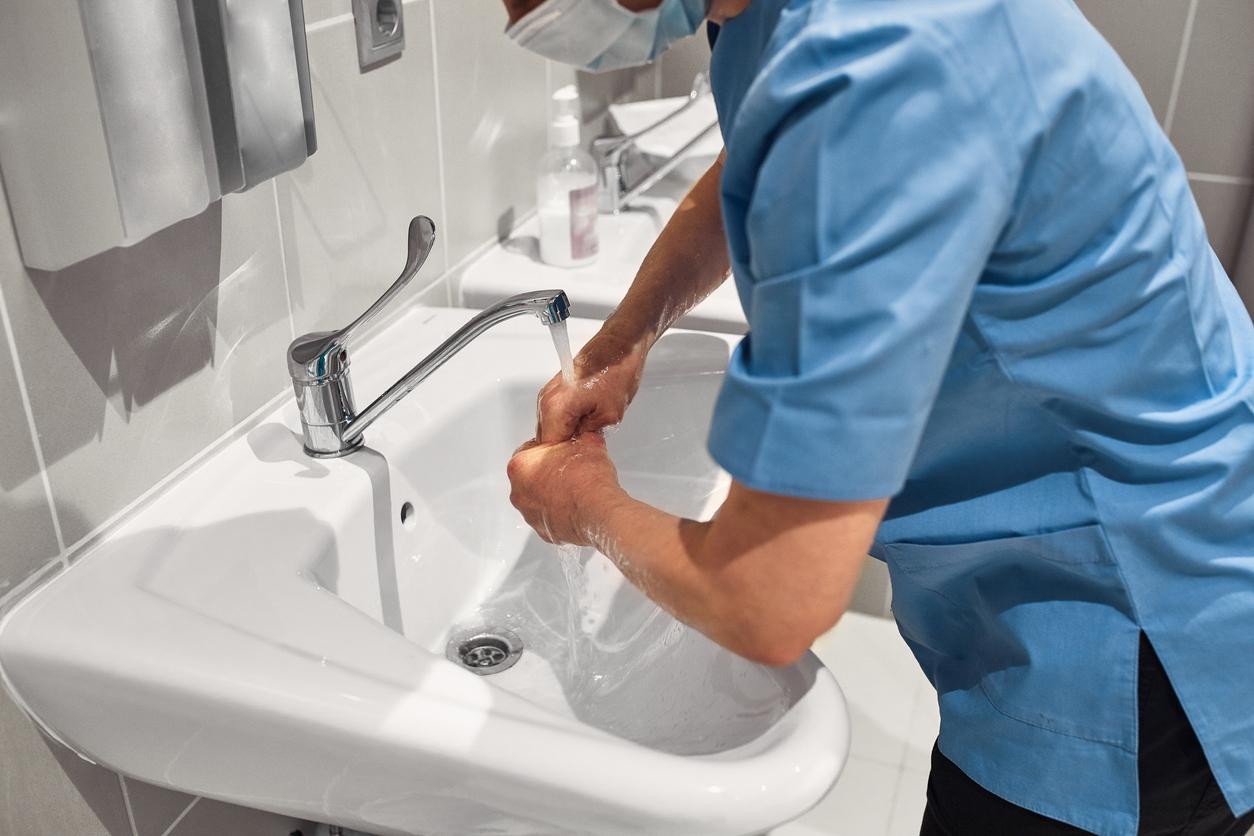Following the Lactalis affair, a classification of infant milk as a drug could make it possible to avoid contamination by the bacteria Salmonella Agona. A commission of inquiry will look into the matter.

At the National Assembly, a commission of inquiry will look into infant milks, in order to know whether they should be classified as medicine.
Stricter controls
Classifying infant formula as a medicine would make it possible to benefit from specific legislation, stricter controls and a more precise alert and recall system. Before taking such a decision, the Minister of Health Agnès Buzyn recommends additional investigations.
Currently, infant formulas are sold in supermarkets and in pharmacies, where the products are more expensive. At the end of 2017, many batches of Lactalis infant milk had been recalled following contamination of nearly 40 infants with Salmonella Agona bacteria.
Break in trust
Quentin Guillemain, who founded the association for the defense of Lactalis victims, called in February for a boycott of products still sold in supermarkets. On Twitter, he evokes “the breach of trust” between the parents and Lactalis. As such and on behalf of families, he calls on “consumers to avoid buying and consuming Lactalis brand products currently on sale in France and abroad”.
The families of the victims consider that confidence in the food safety of the group’s products is broken. They call on consumers to avoid buying and consuming Lactalis brand products currently on sale in France and abroad.
– Quentin Guillemain (@qguillemain) February 14, 2018
With the association of consumers Foodwatch, they denounce twelve infringements which engage the responsibility of all the actors involved in the Lactalis affair: the manufacturer, the mass distribution, the laboratories but also the public authorities who were responsible for the control of the factory. .
67 deaths
“They have all failed in their obligations in terms of prevention of health risks but also in the particularly weak management of this major food crisis. Consumers have thus been deceived and children put in danger”, estimates the association. “Both European and French legislation impose numerous obligations on all players in the food chain. Producers, distributors, laboratories and of course public authorities could not ignore them. And yet they have been negligent”, denounces Karine Jacquemart , Director of Foodwatch.
According to a recent study conducted by Public Health France, between 2008 and 2013, 67 deaths occurred due to the bacterium Salmonella Agona, responsible for digestive infections ranging from simple gastroenteritis to more severe, even fatal forms.
.
















